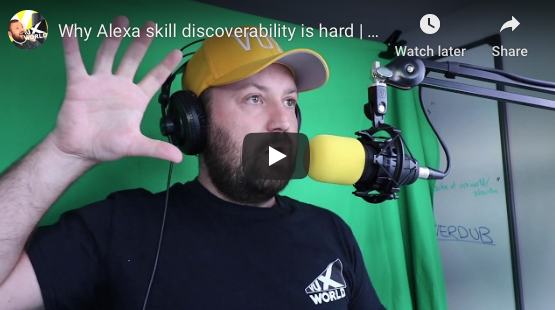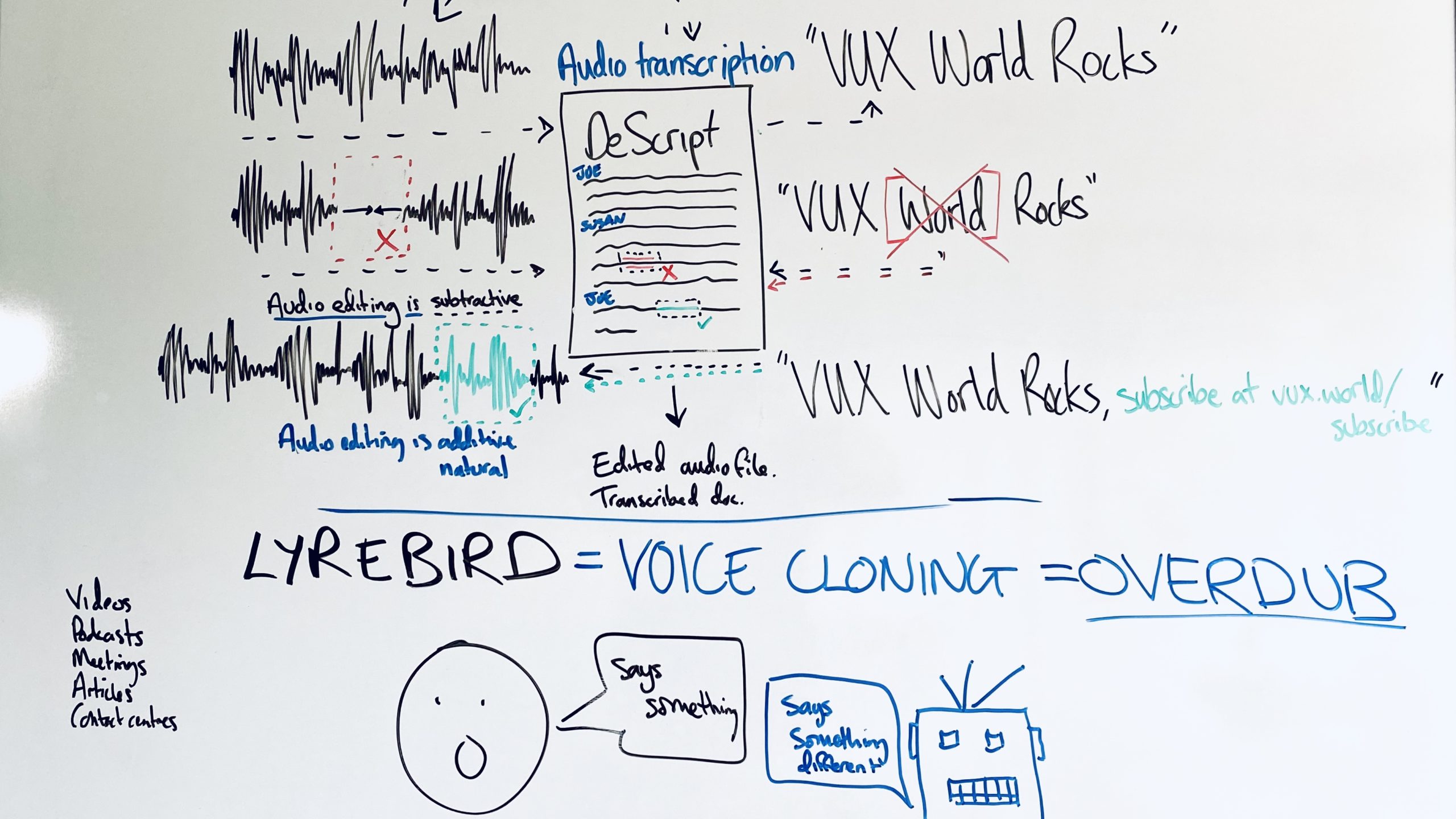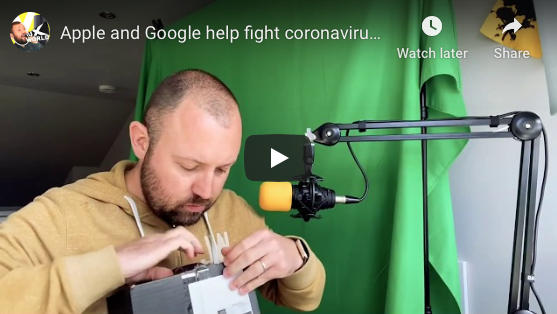‘Voice’ is forecast to be the next technology platform for customer engagement and the next interface to the web and computing, but what actually is it?
Transcript:
What is voice? So most people, most normal people, don’t know what ‘voice’ is and they don’t use the term ‘voice’.
It’s just, like, an industry term that we’ve picked up because it’s short and it’s easy to describe.
Most people, like my dad, for example, he just talks to his phone. He doesn’t know what Google Assistant is,he doesn’t know what ‘voice’ is.
He doesn’t really care. He just talks to his phone. And so it’s easier usually to explain to people that it’s just like what we’re doing is we’re creating experiences for, and establishing a presence for brands on, the kind of interfaces or the kind of surfaces that people just talk to and that’s the basic definition of what voice is. It’s anything; software, devices or any kind of computer type program that you can talk to, and it understands you and can then either do something for you, like turn on your light or take out an insurance policy – that was a bit of a, two random examples, from light switch into insurance! – But but there is a German company that is doing that but it can respond to you in spoken language as well.
So the most common examples that people will have is probably Siri on the iPhone, Alexa, the Echo smart speakers, Google Assistant on Android and also the smart speakers. Those are examples of what we would call voice platforms.
So in this definition of platform, we’re talking about something that has baseline, a base level of functionality or value and that you can build on top of to increase the value that the platform has so it’s the same as think of it as Windows or iOS.
Yeah, so Windows has a base level of functionality. You can build applications on top of the Windows operating system to increase the functionality that the
Windows operating system has in its entirety. Alexa is kind of like that.
So Alexa comes with a base level of functionality: timers and calendar integrations and things like that: music, but then you can build on top of that with customized third-party bespoke applications. They call them skills in the Alexa world or actions in the Google world. They increase the functionality and capability of the entire thing.
So it breaks down into two things one is the platform
and the other is an interface or voice user interface or VUI as it’s often called, and that is anything that it might not have a platform, might not have a voice assistant in there, but it might just be something that you can talk to and make something happen.
So for example, you might be able to say to your coffee machine “make me a coffee” and it will just perform the action of making you a coffee and so voice breaks down into those two areas; platforms and assistants, and interfaces and the interface can be an interface to any kind of technology in any kind of Hardware or even an interface to the to the web.
Taken from Kane’s interview on the 414 Podcast discussing Voice strategy: how to create a voice search strategy for your brand.




